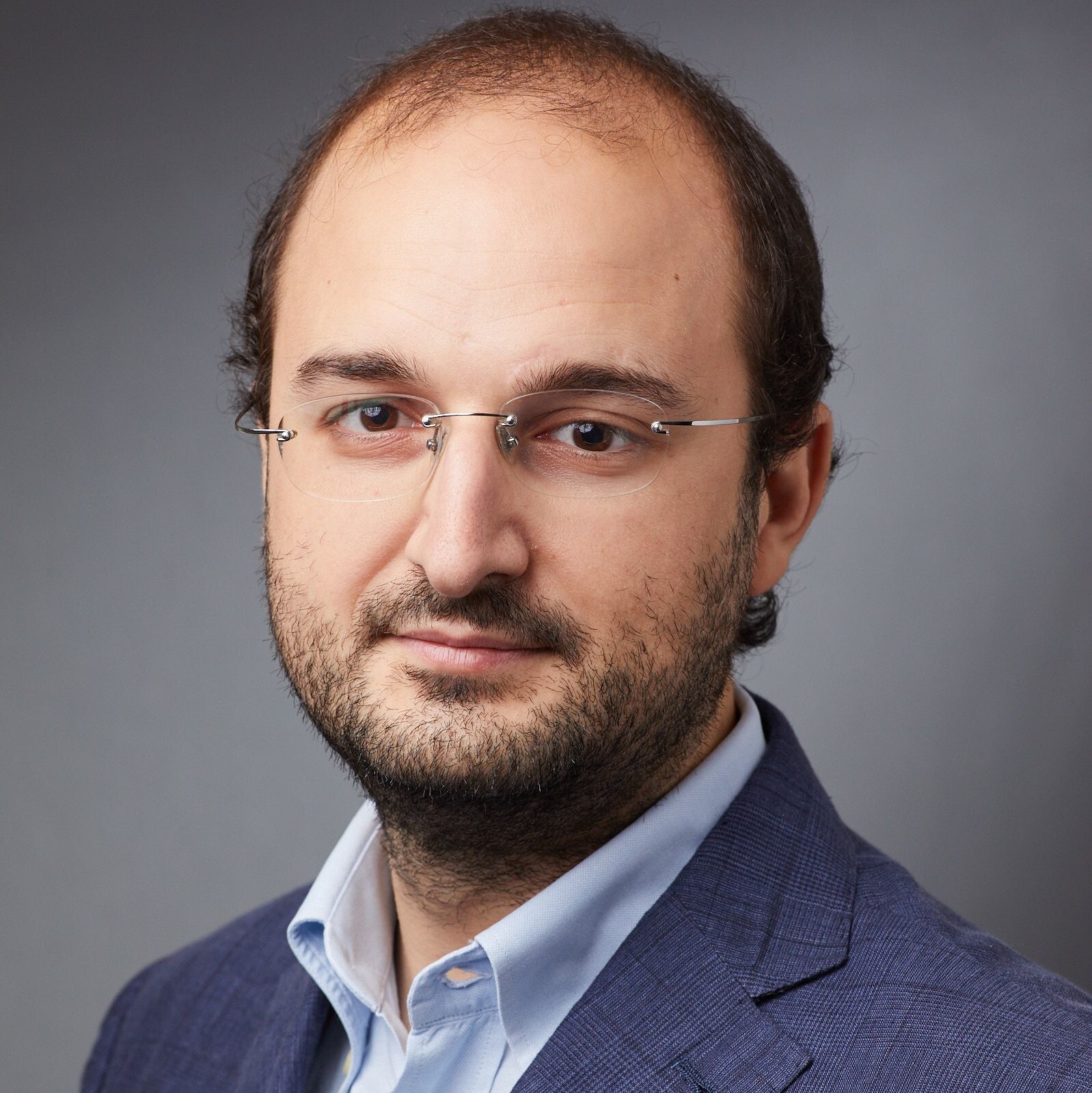
Addressing Human Diversity in the Context of Polygenic Inheritance
-
Register
- Regular Member - Free!
- Early Career Member - Free!
- Resident/Clinical Fellow Member - Free!
- Postdoctoral Fellow Member - Free!
- Graduate Student Member - Free!
- Undergraduate Student Member - Free!
- Emeritus Member - Free!
- Life Member - Free!
- Trainee Member - Free!
- Nonmember - $20
In this webinar, the speakers will provide an overview of ongoing efforts focused on investigating the polygenic inheritance of human traits and diseases in the context of human genomic diversity. The session will conclude with a dedicated panel discussion, with input from attendees, to initiate a broader conversation about what our research community needs to do to speed up the eradication of the diversity gap in human genetics.
Overview of Presentation
- Understand that racial and ethnic categories do not properly represent human diversity in the context of the genetic liability to human traits and diseases
- Demonstrate how gene discovery and polygenic risk scoring analyses need statistical models that adequately account for the complex patterns observed within ancestry groups and among recently-admixed populations
- Present the current findings obtained and the methods applied by research groups leading multi-ancestry investigations focused on different domains of human genetic research
- Outline the translational importance of addressing the diversity gap in human genetic research to ensure future healthcare equality across all individuals independently of their ancestral background

Frank Wendt, PhD
NIMH Postdoctoral Fellow
Yale University School of Medicine
Dr. Wendt (he/him) is a Postdoctoral Fellow at Yale School of Medicine and a genetic epidemiology affiliate of the US Department of Veterans Affairs Connecticut Healthcare System. Frank received his Bachelor's degree from the Forensic Science Program at The Pennsylvania State University and completed his doctoral work under the mentorship of Dr. Bruce Budowle in the Center for Human Identification at the University of North Texas Health Science Center. Dr. Wendt is actively involved in studies of forensically relevant population genetics, microbial forensics, DNA phenotyping, and human trafficking. His genetic epidemiology research at Yale employs genome-wide association studies (GWAS) and computational methods to understand cause versus consequence of pleiotropic loci associated mental health, behavior, and cognition. Frank is broadly interested in the genetic and environmental risk factors shared by internalizing psychopathologies, including posttraumatic stress disorder, major depression, anxiety, and neuroticism.

Alicia Martin, PhD
Assistant Investigator
Massachusetts General Hospital
Alicia R. Martin, Ph.D., is an Assistant Investigator at the Analytic & Translational Genetics Unit at Massachusetts General Hospital, an Instructor in Medicine at Harvard Medical School, and an Associated Scientist at the Broad Institute affiliated with the Stanley Center for Psychiatric Research and the Medical and Population Genetics Program. As a population and statistical geneticist, her research examines the role of human history in shaping global genetic and phenotypic diversity. Given vast Eurocentric study biases, she investigates the generalizability of knowledge gained from large-scale genetic studies across globally diverse populations. She is particularly focused on ensuring that the translation of genetic technologies via polygenic risk does not exacerbate health disparities induced by these study biases. Towards this end, she is also developing statistical methods and resources for multi-ethnic studies and underrepresented populations.

Elizabeth Atkinson, PhD
Assistant Professor
Baylor College of Medicine
Dr. Elizabeth Atkinson (Assistant Professor, Department of Molecular and Human Genetics, Baylor College of Medicine) is a population and statistical geneticist working towards increased inclusion of diverse ancestry participants in genomics. She received her PhD from Washington University in St. Louis and conducted an NIH IRACDA fellowship at Stony Brook University followed by NIMH K01-funded postdoctoral training at Massachusetts General Hospital and the Broad Institute. Her work is centered around neuropsychiatric traits with particular focus on admixed American populations and groups of African descent, though many of her tools are broadly applicable across phenotypes and populations. She recently developed the Tractor method to allow for the inclusion of admixed individuals in GWAS. She also works on better understanding the demographic and evolutionary history of diverse human groups, including overturning the textbook story regarding the evolution of the FOXP2 language gene.

Sarah Tishkoff, PhD (Moderator)
Professional Practice & Social Implications Co-chair, Professor in Genetics and Biology
University of Pennsylvania
Sarah Tishkoff is the David and Lyn Silfen University Professor in Genetics and Biology at the University of Pennsylvania, holding appointments in the School of Medicine and the School of Arts and Sciences. She is also the Director of the Penn Center for Global Genomics & Health Equity in the Department of Genetics.
Dr. Tishkoff studies genomic and phenotypic variation in ethnically diverse Africans. Her research combines field work, laboratory research, and computational methods to examine African population history, the genetic basis of anthropometric, cardiovascular, and immune related traits, and how humans have adapted to diverse environments and diets.
Dr. Tishkoff is a member of the National Academy of Sciences and the American Academy of Arts and Sciences and is a recipient of an NIH Pioneer Award, a David and Lucile Packard Career Award, a Burroughs/Wellcome Fund Career Award, the ASHG Curt Stern award, and a Penn Integrates Knowledge (PIK) endowed chair. She is on the NAS Board of Global Health and the scientific advisory board for the Packard Fellowships in Science and Engineering, and is on the editorial boards at Cell, PLOS Genetics, Genome Research and G3 (Genes, Genomes, and Genetics).
Her research is supported by grants from the National Institutes of Health, the Chan Zuckerberg Institute, and the American Diabetes Association.

Renato Polimanti, PhD (Moderator)
Assistant Professor of Psychiatry
Yale University School of Medicine
Dr. Polimanti is Assistant Professor of Psychiatry at Yale University School of Medicine. He received his PhD in evolutionary biology with a focus on human genetics at the University of Rome “Tor Vergata” in October 2013. Subsequently, Dr. Polimanti completed his postdoctoral training in psychiatric genetics at Yale. In July 2017, he began his independent career in the Division of Human Genetics of the Yale Department of Psychiatry. His research group is currently supported by grants from the National Institute on Drug Abuse, the National Institute on Deafness and Other Communication Disorders, the National Institute on Mental Health, the Department of the Veterans Affairs, the Marie Skłodowska-Curie Actions, and One Mind. Dr. Polimanti’s main focus is to develop analytic approaches to investigate the polygenicity and pleiotropy of human traits and diseases in diverse populations using large-scale genome-wide datasets and multi-omics information.